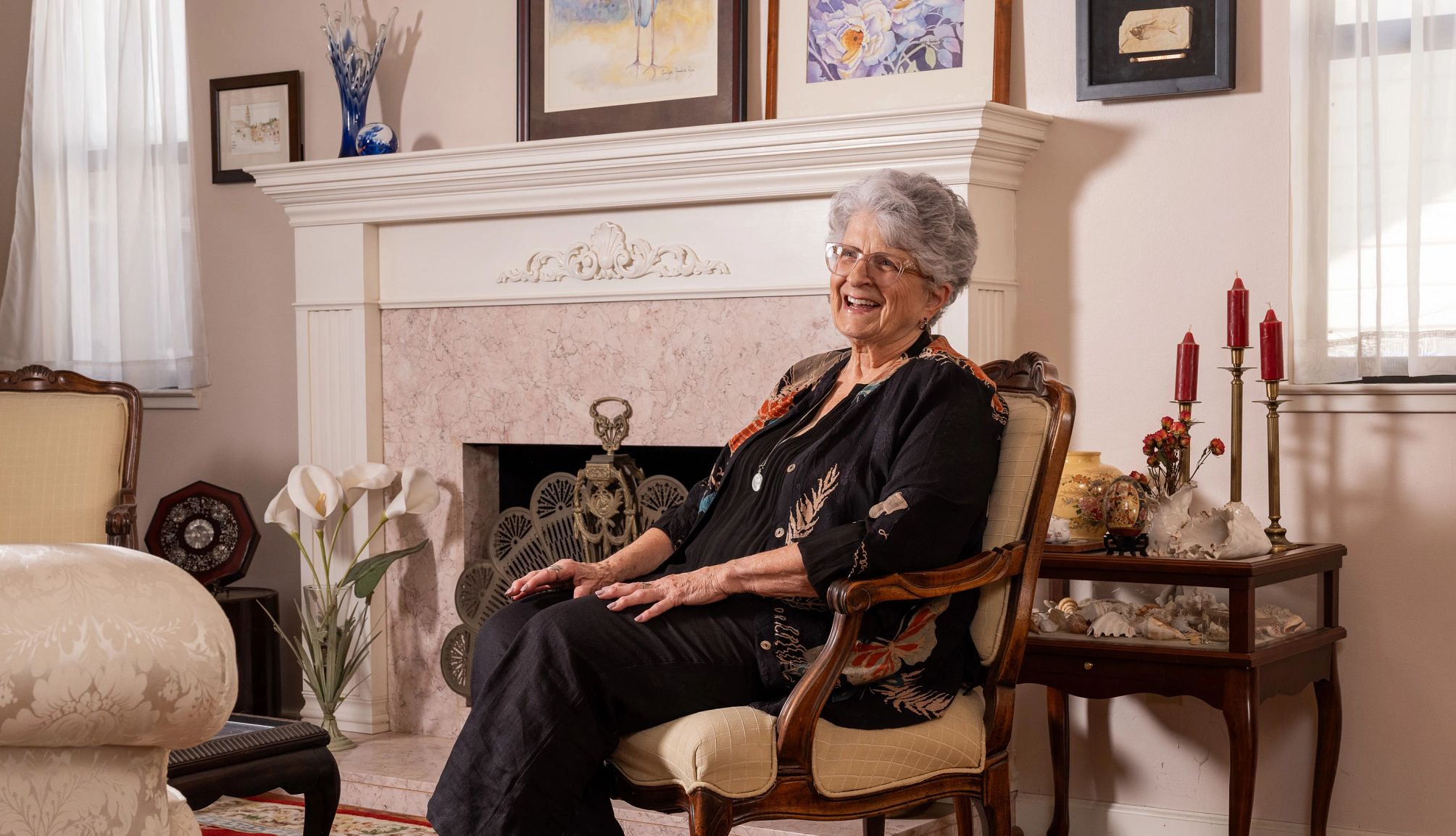
How to Build a Bridge to Your Retired Self
- Select a language for the TTS:
- UK English Female
- UK English Male
- US English Female
- US English Male
- Australian Female
- Australian Male
- Language selected: (auto detect) - EN
Play all audios:
Carolyn Amabile Ross, pictured at her home in Northern California, has devoted herself to volunteer work in retirement, applying skills she developed during a career in marketing and
communications. Kelsey McClellan Facebook Twitter LinkedIn
Retirement planning tends to focus on the financial, but the change in your identity can be as jarring as the change in your income. It’s important not to overlook the psychological and
emotional aspects of the transition.
Carolyn Amabile Ross understood this when she retired from a career in marketing and communications in 2012 at age 65. She was determined to enjoy a fulfilling retirement and set a positive
example for her five younger sisters.
At first, she devoted her newly free time to new activities like tap dancing and art classes. But after her husband died in 2014, she turned to more meaningful pursuits. She got more
involved with the American Association of University Women (AAUW), of which she was a longtime member, and earlier this year received a community service award for her work with a social
justice group in her Northern California county.
“I had a lot more time to devote to things that were more enriching,” says Amabile Ross, now 78. More than that, she feels she has succeeded in setting an example of a successful retirement.
“It’s been very gratifying,” she says. “My younger sisters have told me on more than one occasion that they really admire what I’ve done in my retirement.”
Researching retirementOne sister has done more than that. For Teresa Amabile, a psychologist and emeritus professor of business administration at Harvard whose work had focused on motivation and innovation in the
workplace, her eldest sister’s experience was a launchpad for a new avenue of study.
“I began to search the literature to see what researchers had discovered about the experience of retiring,” says Amabile. “It turned out that researchers hadn’t deeply explored that
question, so studying the retirement transition experience seemed like a perfect research project for me.”
That led to Retiring: Creating a Life That Works for You, a book she cowrote with four fellow scholars in the fields of business and management that was published in October 2024.
Through her studies, Amabile says, she learned how essential it is to address your emotional needs as you leave a career behind, a step some of her research subjects approached with dread.
“One person told us that facing retirement was like standing at the edge of a cliff, staring into a void,” she says.